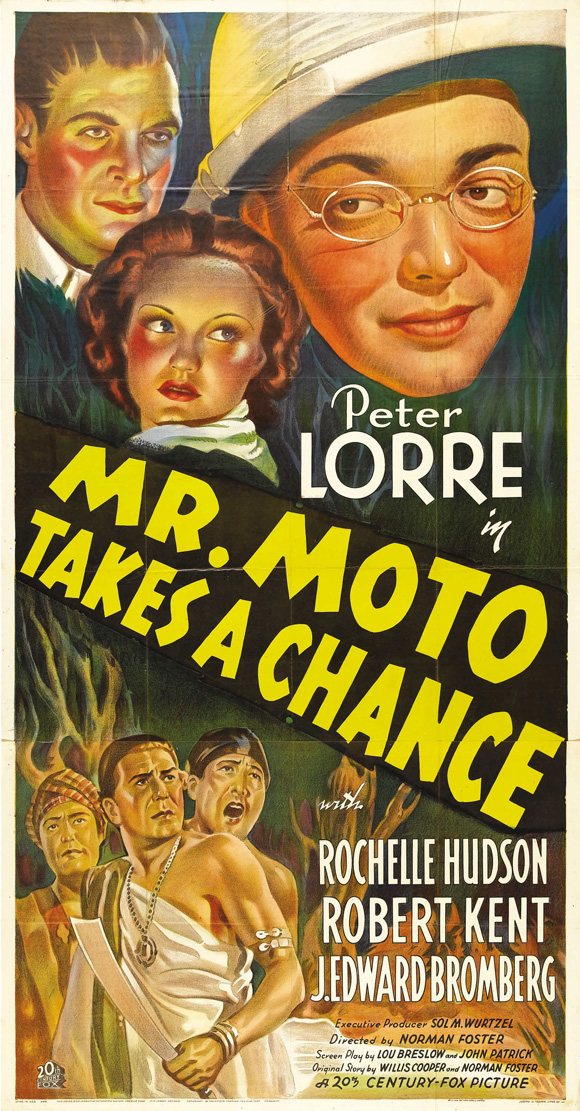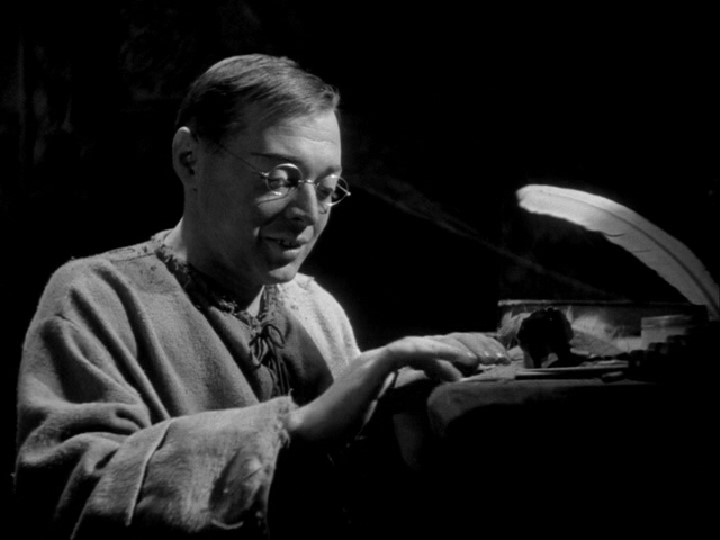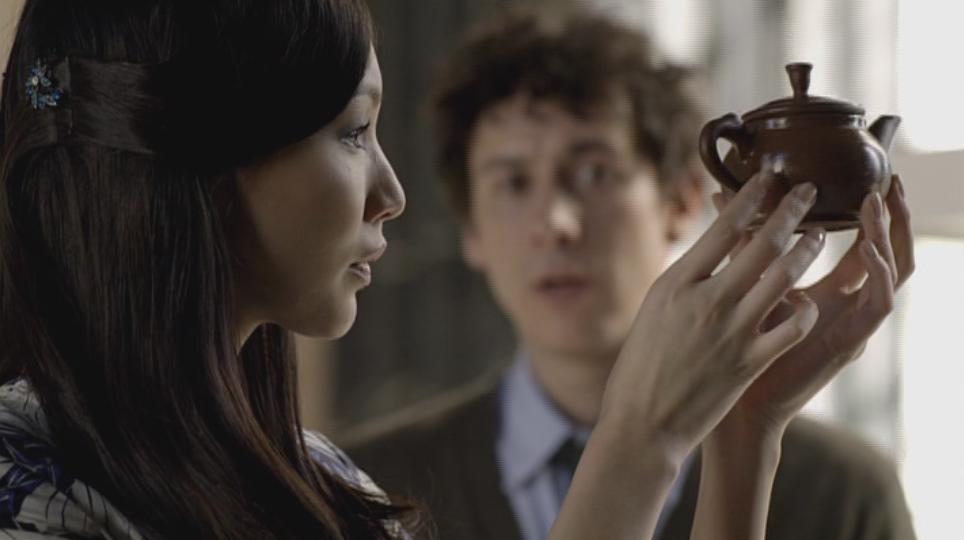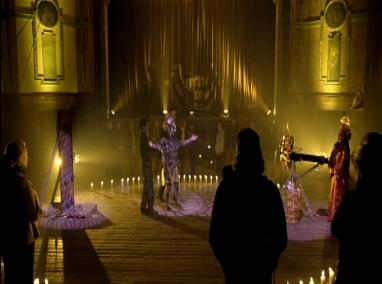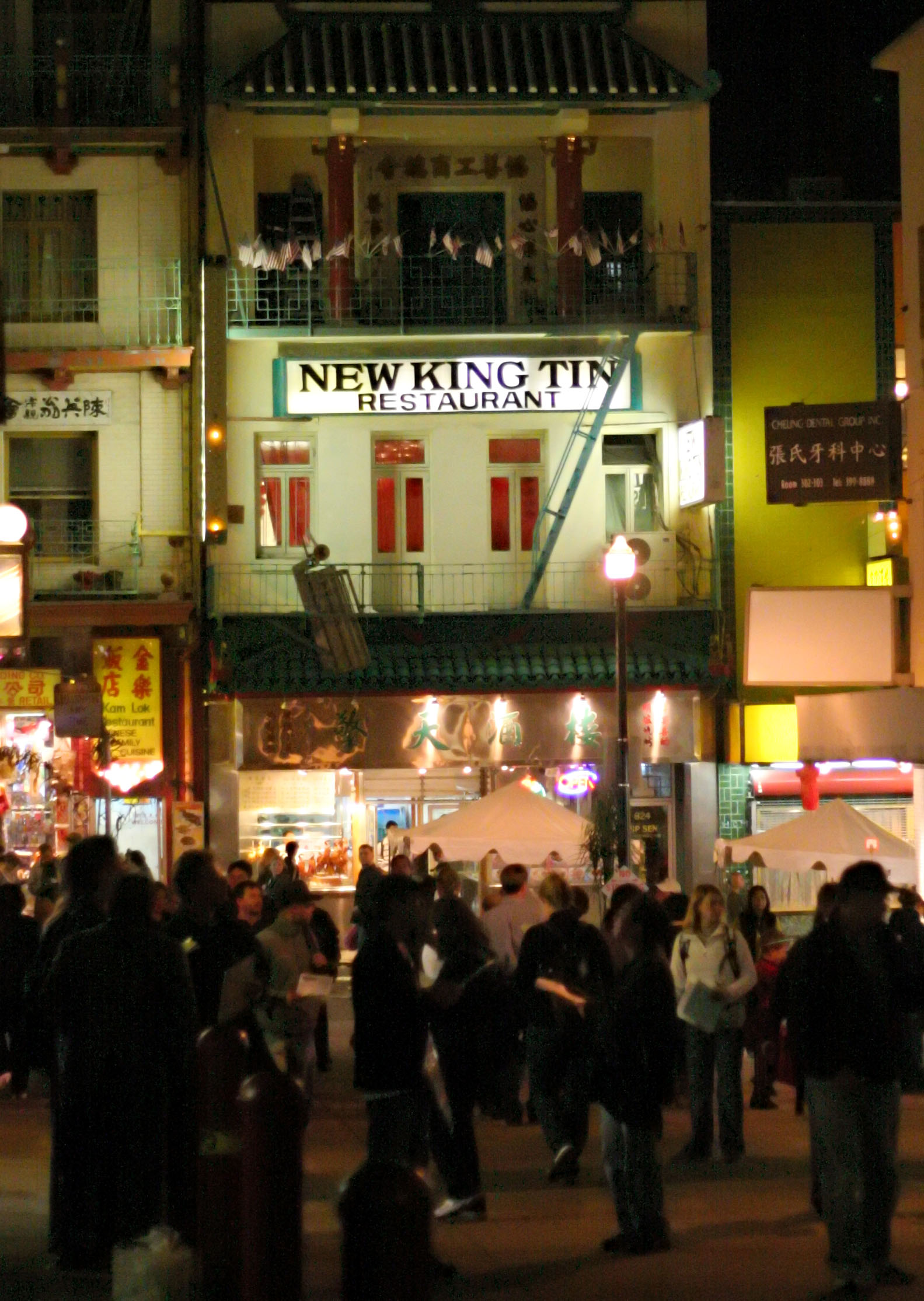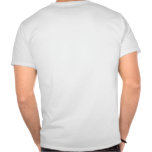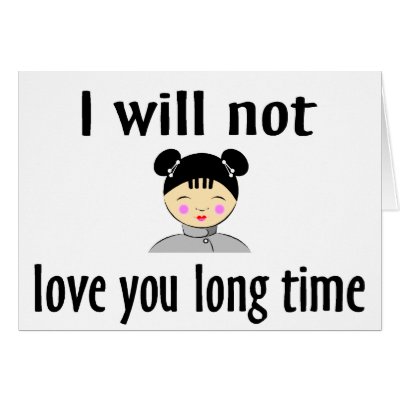Just when I thought I would be moving into less racist, more accepting/progressive roles, I go and watch this movie. Dear God.
Mr. Moto Takes a Chance takes the Japanese secret agent to Angkor Wat in Cambodia, where he is spying on the king of the village/country/city of Tong Moi for unknown reasons. While he is there, an adventuress, Victoria Mason (Rochelle Hudson) "crashes" her plane after it "catches fire" (she set it with a flare) but survives and is taken to Tong Moi. Two reporters, Chick (Chick Chandler) and Marty (Robert Kent), are doing some wildlife filming when they spot Victoria's plane going down, so they rush on over to the crash site and do some filming. However, Victoria has already been taken to the King of Tong Moi (J. Edward Bromberg) by his magical adviser Bokor (George Regas) after meeting Mr. Moto (Peter Lorre), who is posing as an archaeologist. Marty and Chick catch up to Victoria, Bokor and the King of Tong Moi and want to film them. Unfortunately, the King's favorite wife drops dead from a poisoned arrow, but Bokor blames it on Marty and Chick's demon camera, and orders them to be taken away for a "trial by the gods." Bokor takes the two reporters to the Temple of Shiva where he burns them with hot metal and it hurts them (of course). This deems them guilty of their crime and they are about to be thrown in a big pit to die when an elderly guru interrupts them. The guru proves how magical and powerful he is when he doesn't get burned by the hot metal and he charms a snake, so he orders Bokor to let the reporters go. Bokor does so and he is mad. The next day, Moto approaches the reporters and tells them that he would pay a hefty price for pictures of the inside of the temple. Chick and Marty agree and go off towards the temple, but Victoria Mason follows them! However, when they arrive, Bokor and an unnamed servant try to kill them with poison darts too! They duck down and hide, and, lo and behold! The guru! He rescues them from Bokor and the servant but throws Chick and Marty's camera down the well. Bokor sees this, and contacts the guru after Chick, Marty and Victoria leave, and asks the guru if he can kill Moto. The guru agrees and returns back inside the temple. He digs around until he finds a secret trap door that leads to an underground room. In it, there are loads of ammunition. Then another unnamed servant climbs down into the underground room and tries to stab the guru, but the guru strangles the assassin with his own two bare hands! Then the guru runs away through a secret passageway, and reveals himself to be Mr. Moto in disguise! Mr. Moto then writes a secret note saying that Bokor is in charge of a rebellion against the King and that he (Moto) has found the secret stash of ammunition and sends it off via carrier pigeon. The carrier pigeon is then shot down by the King of Tong Moi, who sees the message and reads it. That night, the King hosts a big party with faux-Cambodian dancing and announces that he is going to marry Victoria Mason (airplane girl). He then serves roasted pigeon and gives the one that was a carrier to Mr. Moto, who finds a message on it and realizes the King found out his secret! Later that night, Moto is marking the ammunitions cellar on a map when Bokor and another unnamed servant attempt to stab him. But, in a display of badassery, Moto stabs the servant with his own knife, takes the servant's clothes and runs away. Victoria Mason goes to visit Mr. Moto but finds the stabbed servant. She pokes around in the itty bitty house until she finds Mr. Moto's map hidden in a spear. Bokor spots her and throws a dagger at her, which misses her narrowly. She is then kidnapped by Bokor and taken away to the Temple of Siva for questioning! They are about to subject her to the hot metal torture until - huzzah! - the guru appears. He "hypnotizes" Victoria and whispers to her that he is Mr. Moto. Victoria follows along and is a good hypnotee, until Marty (who followed them to the temple) bursts in and attacks guru/Moto and "rescues" Victoria, although he ends up getting tortured too. Bokor commands his nameless servants to light bonfire signals so that this one Captain Zimmerman (Frederick Vogeding) can bring him his guns. Bokor wanted the guns so that he could overthrow the King and "[drive] every foreigner from Asia!" Then he has his unnamed servant shoot Captain Zimmerman and Victoria lets slip that the guru is really Mr. Moto. Then Mr. Moto busts out his karate chop hands and fights everyone. Bokor escapes and rounds up the rest of Zimmerman's men, while Moto, Victoria, Marty, and Chick (who tagged along) become friends and find guns in the temple. There is a big shootout between our Fab Four and Bokor and Zimmerman's dudes, and Chick gets shot in the arm. Then Victoria Mason reveals that she's not a plane girl - she's a spy! And Mr. Moto reveals that he isn't an anthropologist - he's a spy! They're both spies! Then the King arrives with his troops and goes after Bokor and Bokor's guys - but the King wants to take Bokor's ammunition and stage a revolt against the French! The King is revolting! He plans to kill Marty, Chick and Mr. Moto but Victoria distracts him and somehow the King ends up in the ammunition cellar, which Mr. Moto sets fire to. Everyone except the King escapes from the temple before it blows up. And then our Fab Four gets on a boat to go... somewhere else. The end!
"No devil in box, just a movie camera! Miss Mason, will you tell Dracula there that we're not gonna hurt anybody?"
You know how everyone talks about how racist the stereotype of Charlie Chan is? Mr. Moto takes the cake.
God, the yellowface. It's so awful. I had never seen any prosthetic teeth until I watched Breakfast at Tiffany's with my best friend Mr. Yunioshi. These are some serious prosthetic teeth. They don't stick out as much as some caricatures that I have seen, but these are pretty bad. They're large and black around the edges. They're just silly, and painful to look out. And some pretty serious taping of the eyelids. If you look at Peter Lorre's real teeth, they're not much better. But would his teeth be forgiven because he's really Hungarian? Lorre also adopted a horrific accent for this too - lots of slurring of the speech and mixing up the "r"s and the "l"s - pretty standard "Oriental" accent, but it's worse than Charlie Chan's (lack of an) accent. He also says "Oh so?" all the time. All the time. Every time there is something of interest, it gets the "cute" little "Oh so?" and an inquisitive bow. Of course, you can't tell if Peter Lorre had his skin darkened in order to appear more "Japanese," but the bows at the waist, the buckteeth and the slanty eyes are enough! Shame!
"What do you make of that gravedigger?" "If I was castin' a horror picture, I'd have him play the murderer."
The character of Mr. Moto was created in response to the death of Earl Derr Biggers, author of the Charlie Chan novels. Once there were no more fresh Charlie Chan novels, readers needed another Asian sneaky guy to satisfy their Oriental mystery fetishes. Enter Mr. Moto.
Mr. Moto is sly and sneaky and smiley. He knows martial arts (judo, jiu-jitsu). He is more than adept at disguise. He speaks 4 languages. He works alone. If Jackie Chan is the son of Charlie Chan, then Bruce Lee is the son of Mr. Moto, and Moto is the brother of Mr. Yunioshi. It's a whole family of stereotypes! But I digress. Mr. Moto is (possibly) an even more damaging and offensive caricature than Charlie Chan. He's not as subservient as Charlie Chan is - he's more sly and shifty and doesn't seem to be trusted by anyone, whereas Charlie Chan is everyone's favorite roly-poly, subservient detective. There's also the fact that Mr. Moto is a secret agent - it's his job to deceive people. Coupled with the fact that during this time, the Japanese were the "bad Asians," this makes a caricature of Japanese men (showing them as manipulative and untrustworthy). It's really disgusting.
"Them Nipponese sure are peculiar birds."
In contrast, I've seen a lot of accounts that state that Mr. Moto is not a racist portrayal after all. They state that his politeness, combined with his cleverness, presents a sort of heroic character. It's insinuated that Mr. Moto is a sympathetic character, regardless of his shiftiness in the beginning of the story and how you don't learn he's a good guy until the very last 10 minutes of the film. They also state that while casting Warner Oland as Charlie Chan and Luise Rainer as O-Lan in the Good Earth was racist, casting Peter Lorre (a white guy) as Mr. Moto was not racist. Uh, what? Mr. Moto is just as humble and polite as Charlie Chan - why does the casting make any difference at all? Was it because Peter Lorre regularly played evil characters, and the role that turned him into a star was a (slightly) more sympathetic role?
"Everything is possible here in the Orient."
What's really interesting is that this movie takes place in Cambodia. Cambodia? Really? What happened to things happening in Shanghai, or Canton, or Beijing, or something? Cambodia? This seems to be very odd... It seems to be the beginning of this division between East Asians (Japanese, Chinese, Koreans) and Southeast Asians (Cambodians, Vietnamese, etc.) and it's not... all... that great. Everything in this movie is fetishizing Cambodians and making them into mysterious, bloodthirsty savages! Evil Cambodians took away the reporters! Evil Cambodians burned the white reporters with a hot metal rod! They threatened to throw the white reporters into a deep dark well! One white reporter fell into a mysterious tiger pit! Evil Cambodians assassinated the King's favorite wife with a dart-gun-thing! Mysterious Cambodian dancers who are really white danced around as entertainment to the white male guests! Victoria Mason was going to have to marry the Cambodian King of Tong Moi! Mysterious killing Cambodians! They tore off her shirt threatened to burn Victoria Mason with more hot metal! Oh no! It's all... so... bad!
"There's something about those ruins that Mr. Moto wants to find out, and it isn't archaeology!"
There are very few Asian extras in this film. Most of them portray servants and peasants, whereas the harem women are all white as white can be. I don't think there's a single sympathetic speaking role for any actual Asian actor in this film. It's become so expected that it isn't bothersome anymore - it just is. The fact that there are lots of unnamed Asian extras seems to justify the whiteface - but it really doesn't. It's all disappointing.
